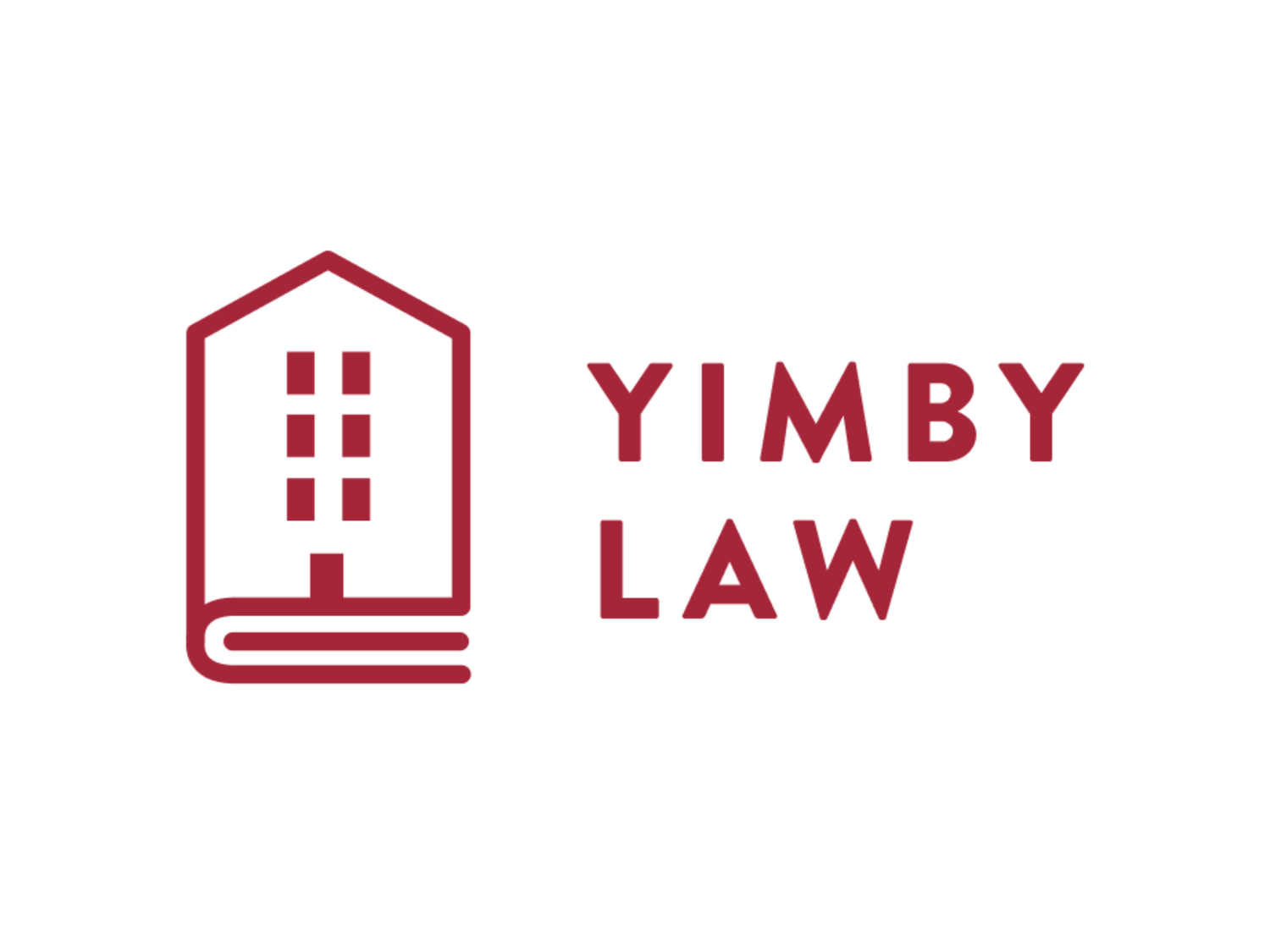CEQA: What's Up With That?
/Happy Friday. We’re doing a doubleheader this week because I wrote too much for Tuesday’s post about where the builder’s remedy will apply in the Bay Area. Today, an introduction to CEQA and the key takeaway for builder’s remedy projects.
In the Name of the Environment
Here at YIMBY Law, we like the environment. We’re affiliated with Urban Environmentalists, a part of the YIMBY Action network that supports infill housing specifically because of its environmental benefits. (In six words: walking doesn’t pollute, and driving does.)
Coastal California is rightly famous for its climate: it’s one of the few places on Earth where humans (almost) never need to heat or cool their homes to live comfortably. Heating and cooling both pollute too. So it’s a shame that so many places in California make it illegal to build homes for people who would love to live in this magical climate if only it didn’t cost a million dollars.
The California Environmental Quality Act was enacted in 1970 out of a desire to preserve the State’s environmental resources. It’s a nice idea. It’s also a ghastly complicated law.
At an extremely basic level, CEQA mandates environmental review for any “project,” defined for our purposes as the issuance of a permit for any “activity which may cause either a direct physical change in the environment, or a reasonably foreseeable indirect physical change in the environment.” (Cal. Pub. Res. Code § 21065(c).) There’s a tangle of law about what is and isn’t a “project,” what is and isn’t exempt from CEQA, and what kind of and how much environmental review is and isn’t required for different projects.
When CEQA requires environmental review, and sometimes even when it doesn’t, it can generate litigation. Litigation can delay a project for years, or block it forever. To be sure, that’s a good thing when the project would be a toxic asbestos dump in a residential neighborhood. But we think it’s a bad thing when the project is missing-middle homes in a residential neighborhood.
CEQA has become a frequent tool of abuse for special interest groups, such as anti-housing activists, with a nonenvironmental axe to grind. In 2015, the law firm Holland & Knight published a report finding that 4 out of 5 CEQA lawsuits against construction projects challenged infill development—the environmentally friendly kind—as opposed to the kind of “greenfield” developments that exacerbate urban sprawl.
I have my own CEQA anecdote. The first case I ever litigated was against the San Diego Transportation Association, which invoked CEQA to try stopping San Diego from issuing new taxi permits. At the time, taxi drivers had to pay the Association’s taxi lords to lease the permits the Association had hoovered up under the city’s old medallion scheme. I represented a pair of immigrant taxi drivers who wanted their own permits so they could feed their families with the money they were then paying to the taxi oligopoly. (The Association called me and my co-counsel “cheap ambulance chasers” in a court filing for daring to represent the taxi drivers. The Association lost that motion.)
The Association argued that the city needed to do more environmental study, even though new permits could only be issued to drivers with low-emission hybrid cars, while the Association’s existing permits were grandfathered to allow gas-guzzling Crown Victorias. The Association’s environmental theory was bunk, and they ultimately lost, but the case took the better part of a year to resolve.
Lawyers all over California have similar stories to tell. CEQA is a well-known problem in the housing-law community, but it’s politically sensitive and therefore hard to fix. Reforms have been proposed, but with limited success.
Talk to a CEQA Lawyer
I’m not a CEQA lawyer, and I’m learning how this complex statute regulates housing along with the rest of you. For now, any CEQA advice I can give is about as good as a podiatrist’s advice on a heart murmur. So, builder’s remedy applicants should consult a CEQA lawyer for the best chance of seeing their projects succeed.
More on CEQA next week. Have a great weekend.


